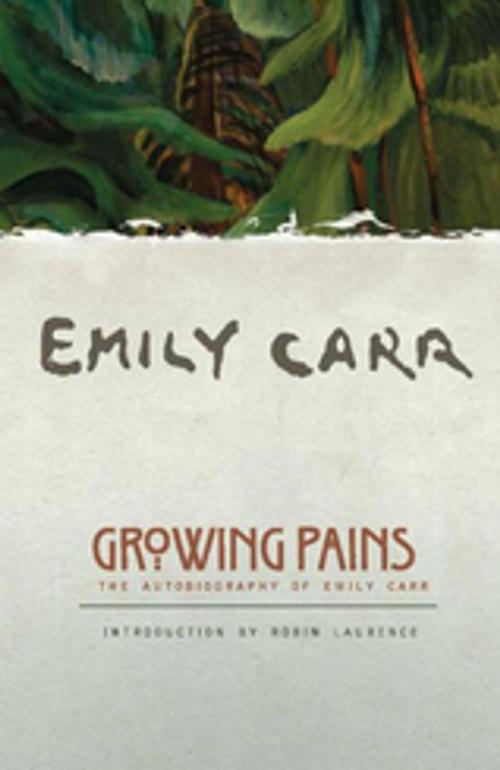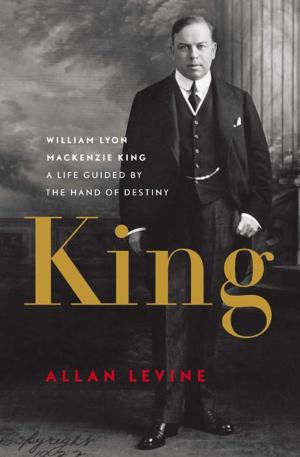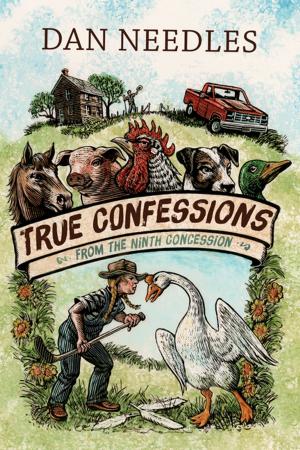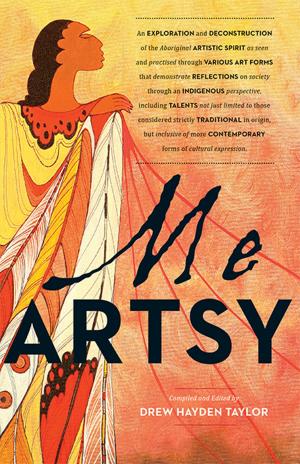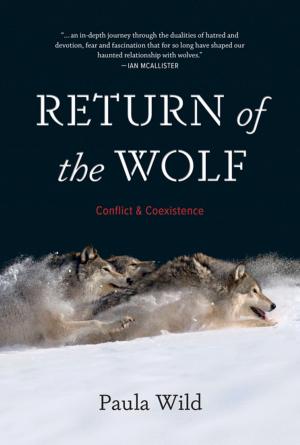| Author: | Emily Carr, Ira Dilworth | ISBN: | 9781926685946 |
| Publisher: | Douglas and McIntyre (2013) Ltd. | Publication: | December 1, 2009 |
| Imprint: | Douglas & McIntyre | Language: | English |
| Author: | Emily Carr, Ira Dilworth |
| ISBN: | 9781926685946 |
| Publisher: | Douglas and McIntyre (2013) Ltd. |
| Publication: | December 1, 2009 |
| Imprint: | Douglas & McIntyre |
| Language: | English |
This autobiography by Emily has been called "probably the finest... in a literary sense, ever written in Canada."
Completed just before Emily Carr died in 1945, Growing Pains tells the story of Carr’s life, beginning with her girlhood in pioneer Victoria and going on to her training as an artist in San Francisco, England and France. Also here is the frustration she felt at the rejection of her art by Canadians, of the years of despair when she stopped painting. She had to earn a living, and did so by running a small apartment-house, and her painful years of landladying and more joyful times raising dogs for sale, claimed all her time and energy. Then, towards the end of her life, came unexpected vindication and triumph when the Group of Seven accepted her as one of them. Throughout, the book is informed with Carr’s passionatate love of and connection with nature.
Carr is a natural storyteller whose writing is vivid and vital, informed by wit, nostalgic charm, an artist’s eye for description, a deep feeling for creatures and the foibles of humanity--all the things that made her previous books Klee Wyck and Book of Small so popular and critically acclaimed.
This autobiography by Emily has been called "probably the finest... in a literary sense, ever written in Canada."
Completed just before Emily Carr died in 1945, Growing Pains tells the story of Carr’s life, beginning with her girlhood in pioneer Victoria and going on to her training as an artist in San Francisco, England and France. Also here is the frustration she felt at the rejection of her art by Canadians, of the years of despair when she stopped painting. She had to earn a living, and did so by running a small apartment-house, and her painful years of landladying and more joyful times raising dogs for sale, claimed all her time and energy. Then, towards the end of her life, came unexpected vindication and triumph when the Group of Seven accepted her as one of them. Throughout, the book is informed with Carr’s passionatate love of and connection with nature.
Carr is a natural storyteller whose writing is vivid and vital, informed by wit, nostalgic charm, an artist’s eye for description, a deep feeling for creatures and the foibles of humanity--all the things that made her previous books Klee Wyck and Book of Small so popular and critically acclaimed.
